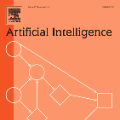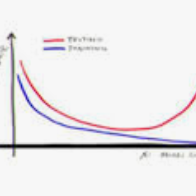Artificial intelligence (AI) has emerged as a powerful tool for addressing complex and dynamic tasks in communication systems, where traditional rule-based algorithms often struggle. However, most AI applications to networking tasks are designed and trained for specific, limited conditions, hindering the algorithms from learning and adapting to generic situations, such as those met across radio access networks (RAN). This paper proposes design principles for sustainable and scalable AI integration in communication systems, focusing on creating AI algorithms that can generalize across network environments, intents, and control tasks. This approach enables a limited number of AI-driven RAN functions to tackle larger problems, improve system performance, and simplify lifecycle management. To achieve sustainability and automation, we introduce a scalable learning architecture that supports all deployed AI applications in the system. This architecture separates centralized learning functionalities from distributed actuation and inference functions, enabling efficient data collection and management, computational and storage resources optimization, and cost reduction. We illustrate these concepts by designing a generalized link adaptation algorithm, demonstrating the benefits of our proposed approach.
翻译:暂无翻译




